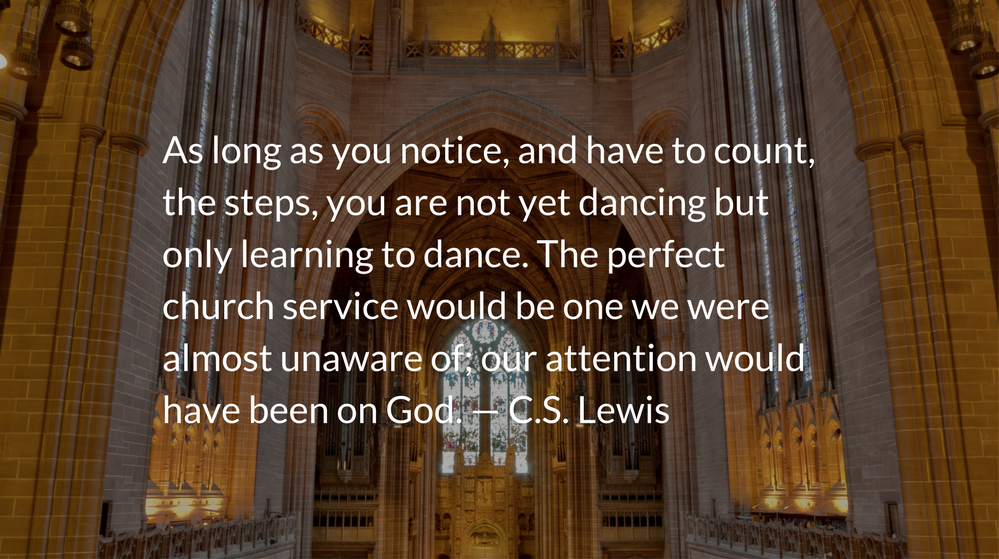Scripture Focus: 1 Corinthians 12:19-20, 24b-26
If they were all one part, where would the body be? As it is, there are many parts, but one body. God has put the body together, giving greater honor to the parts that lacked it, so that there should be no division in the body, but that its parts should have equal concern for each other. If one part suffers, every part suffers with it; if one part is honored, every part rejoices with it.
Reflection: Where Would the Body Be?
By Jon Polk
Ever stubbed your pinky toe? Or hit your funny bone? There’s nothing funny about it. It hurts! Even the seemingly most insignificant, minuscule, overlooked parts of our body let us know when they are in extreme pain.
The human body is one of the most complex systems in existence, with 206 bones, over 650 muscles, almost 8 pounds of skin, and numerous ligaments, veins, and arteries. Intricate complexity, yet with remarkable unity.
It is no surprise that Paul utilizes the image of the body as a metaphor for the Church. After all, it was a common ancient image to describe systems and structures. However, body imagery had mainly been used to emphasize and enforce hierarchical social structures, ensuring that each person was kept in their proper place.
Paul’s view of the Church as a body is the exact opposite. Diversity and interdependence of body parts reinforce equality in God’s kingdom. The supposed weaker parts are just as important as the ones that tend to receive more attention.
In his commentary on this passage, Richard Hays writes
“The body is internally differentiated in accordance with the design of God; without such differentiation, the body would be grotesque and helpless, all eye or all ear. For that reason, no member of the body (church) should ever think that he or she is worthless or unimportant.”
Many of our relationships are functional or transactional. What can the hand do for me? Why is the eye not working properly? Foot, why can’t you keep us stable?
The parts (people) that appear to do more, tend to get more attention. And the lesser parts (people) are overlooked. The ear wants to be an eye. The big toe wants to be the heart. We believe the lies that we’re not good enough or important enough to be used by the body.
That’s not how God intends his body to be. Through Christ, we share in one another’s lives. We work for the good of all, not just for our own selfish desires. In God’s design, when the body of Christ is functioning properly, we share burdens and we share joys. In God’s body, every part needs the others.
“How can the hand say to the eye, “I don’t need you, I’ll get by without you.”
How can the eye say to the hand, “I don’t need your touch, you don’t understand what I do.”
Ain’t no use in foolin’ ourselves, you need me and I need you.”
(“I Need You”, John Cox – Live Performance; Album – “Sunny Day”)
Divine Hours Prayer: The Call to Prayer
Be glad, you righteous, and rejoice in the Lord; shout for joy, all who are true of heart. — Psalm 32.12
– Divine Hours prayers from The Divine Hours: Prayers for Springtime by Phyllis Tickle.
Today’s Readings
Job 25-26 (Listen -1:52)
1 Corinthians 12 (Listen -4:25)
Read more about Making Him Known :: A Guided Prayer
May your prayer for us be fulfilled, Jesus…”I pray for those who will believe…that all of them may be one”
Read more about Hearts God Moves :: Epiphany
One of the gifts of Christ is that we become a part of Epiphany—Christ’s manifestation—as we fulfill our role in the body of Christ.



